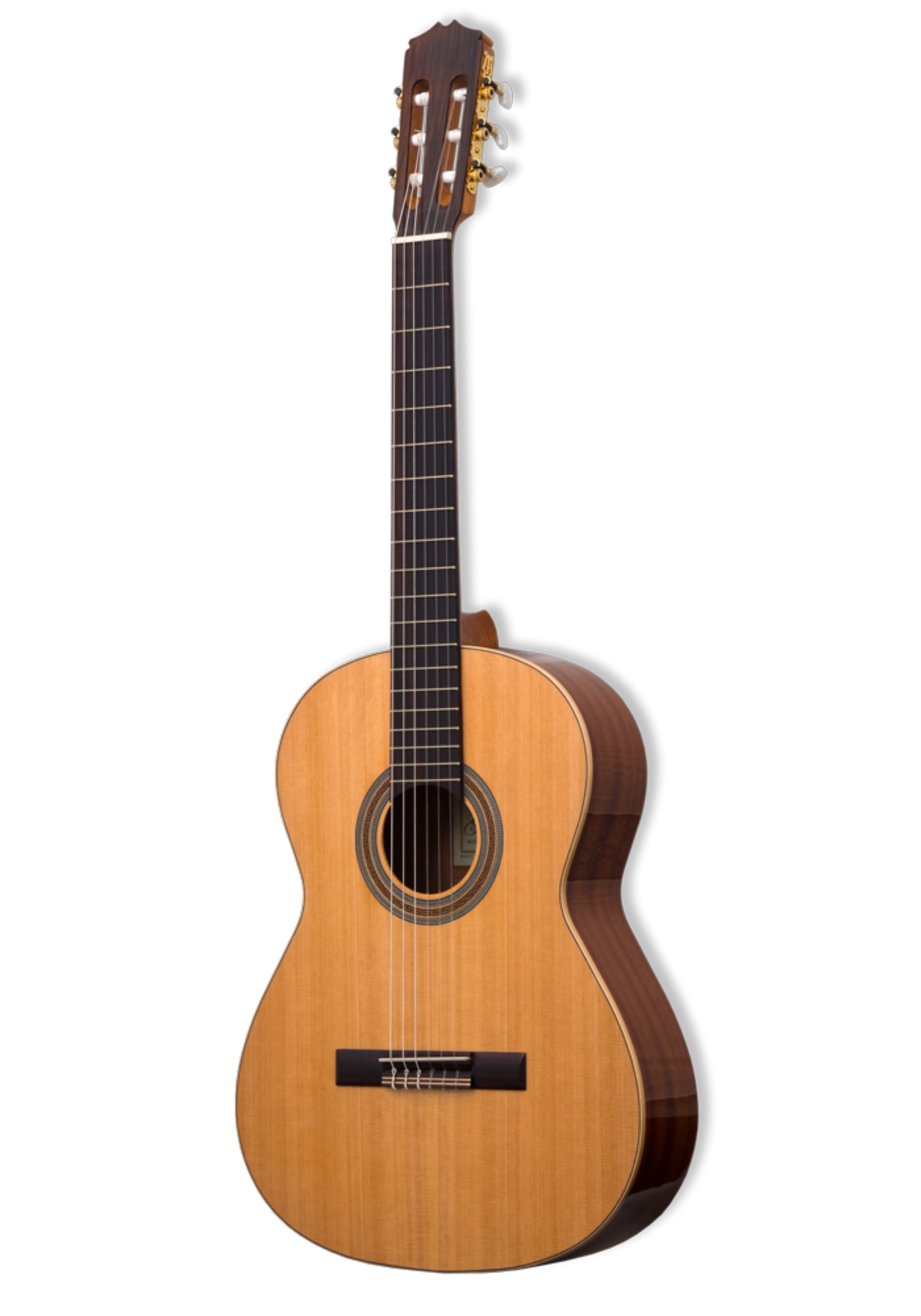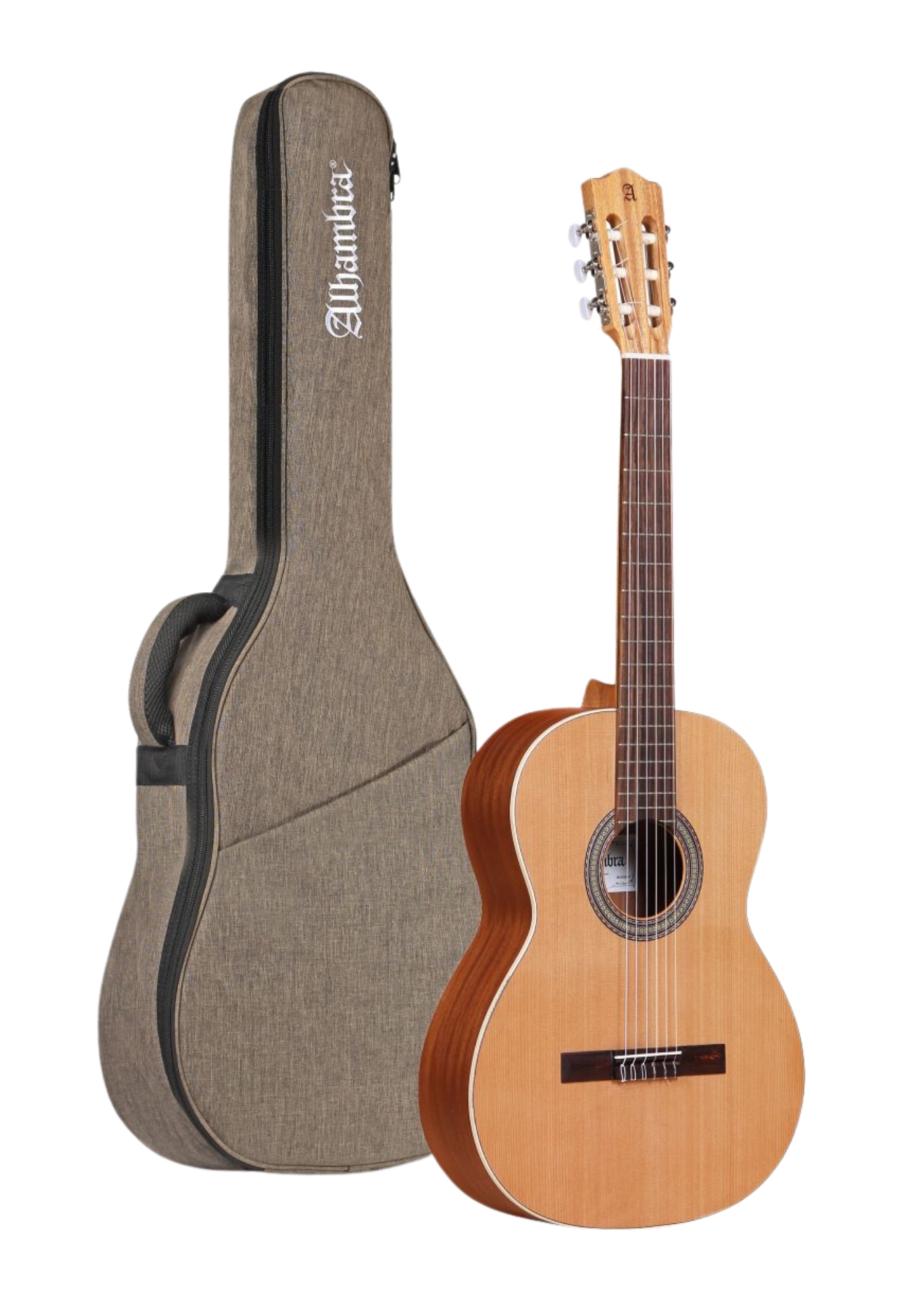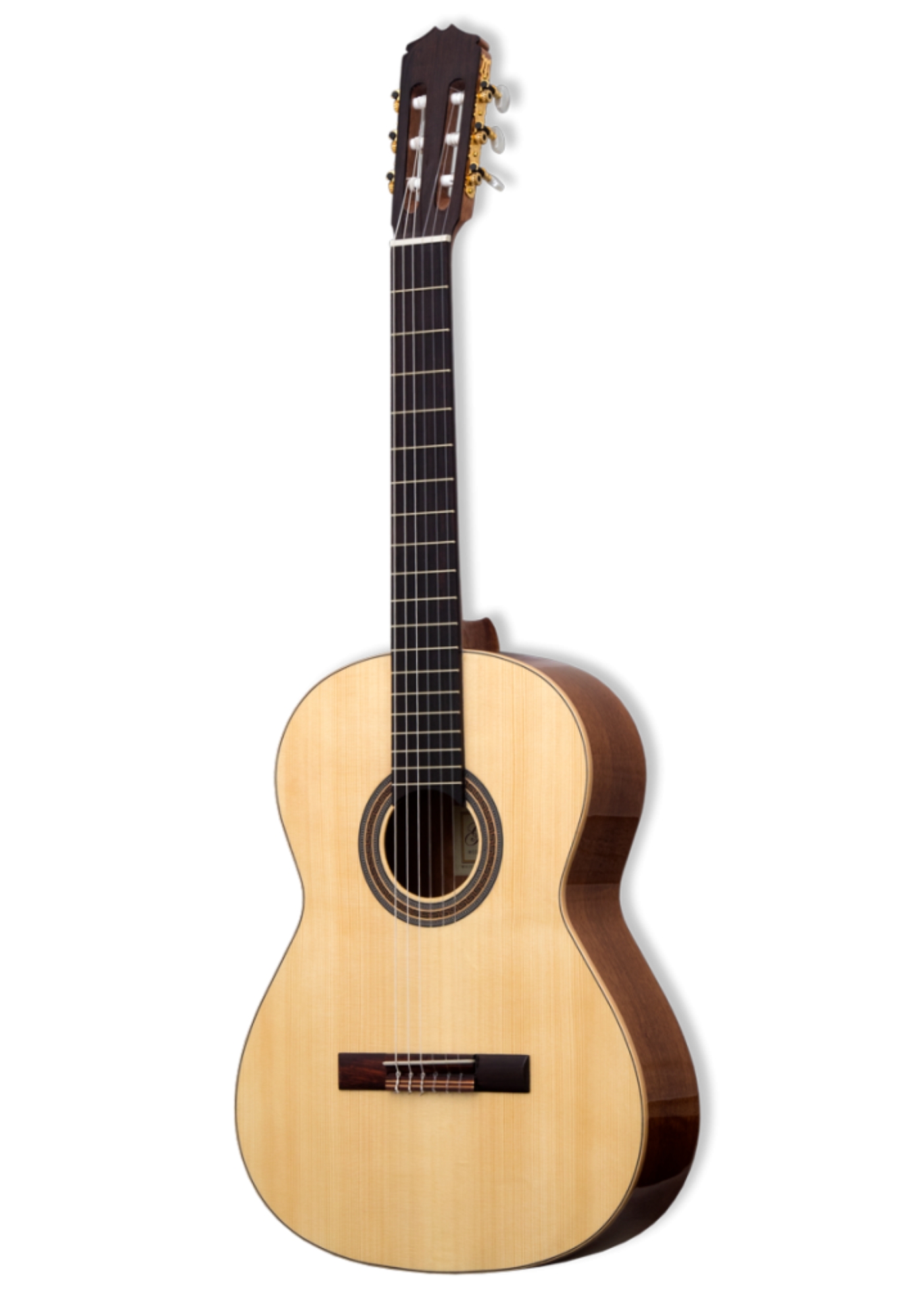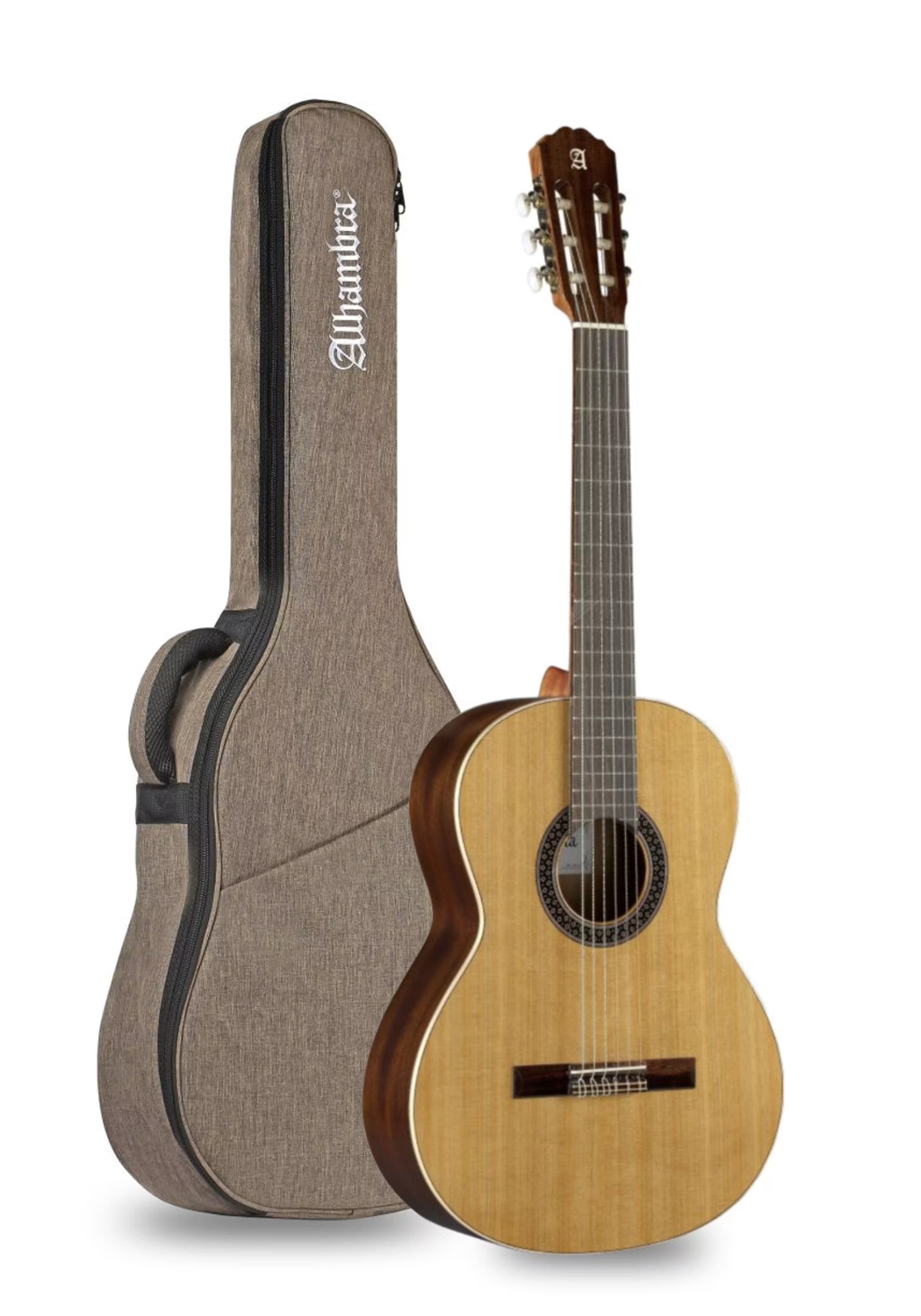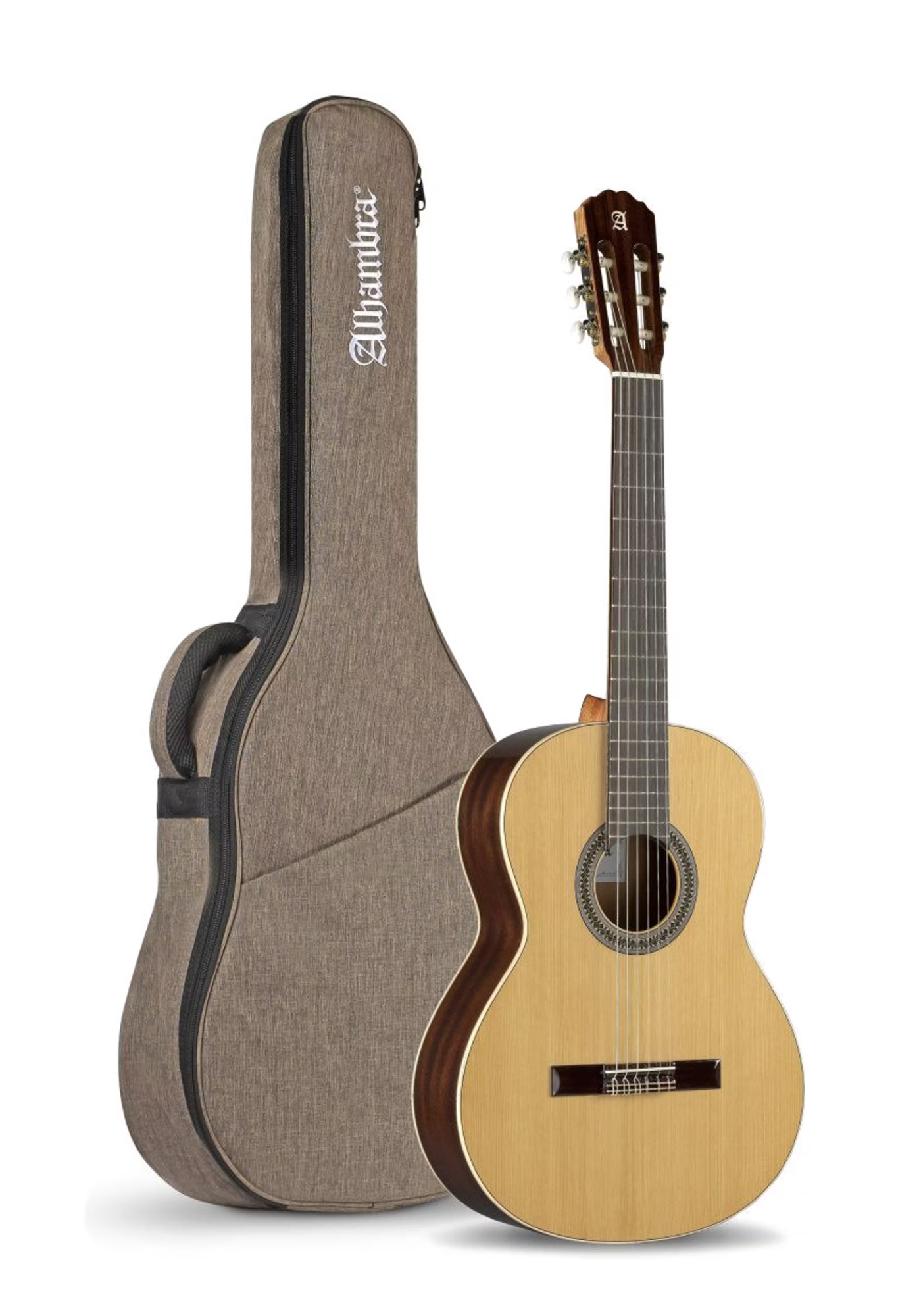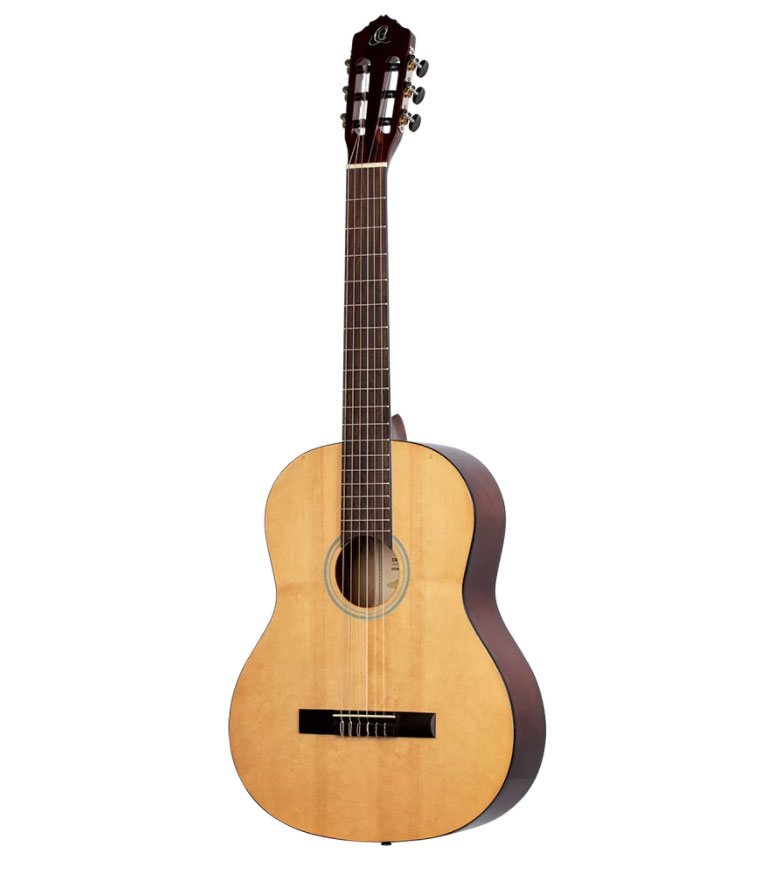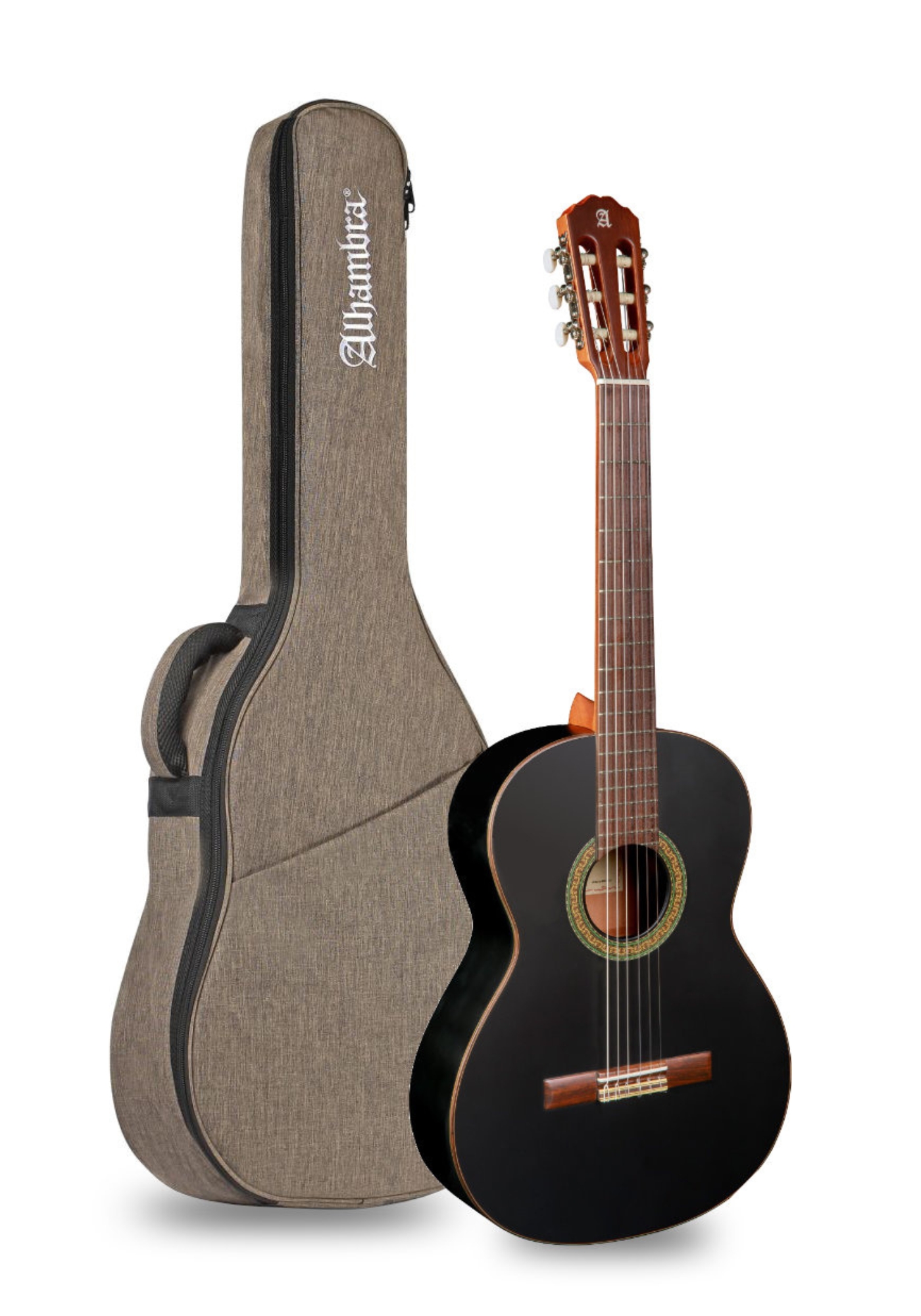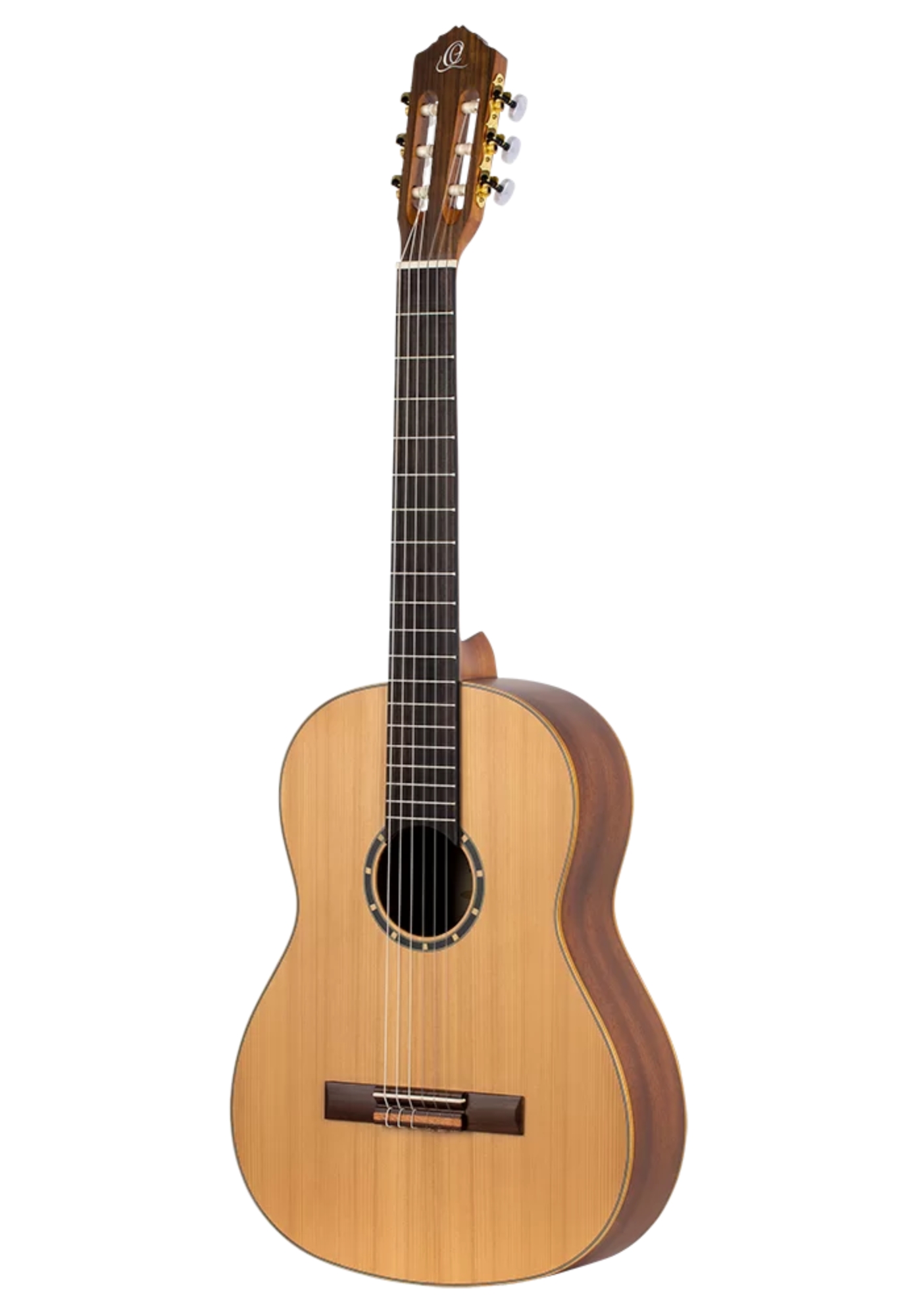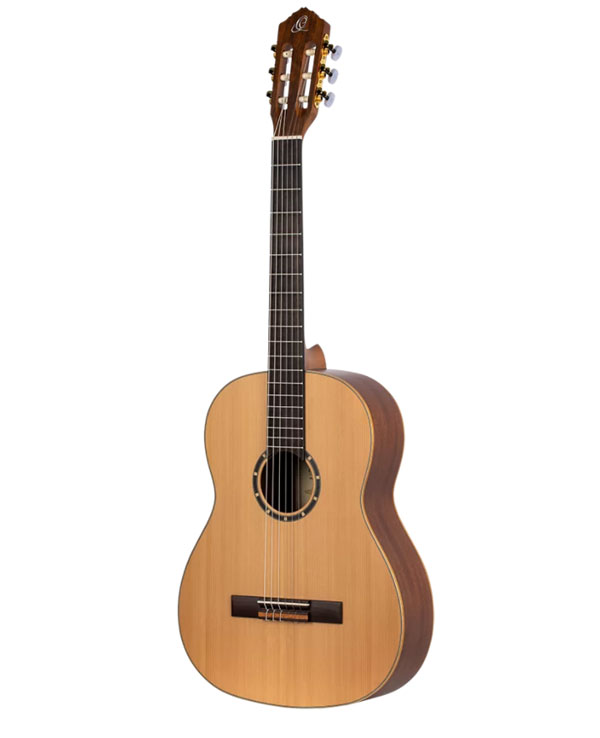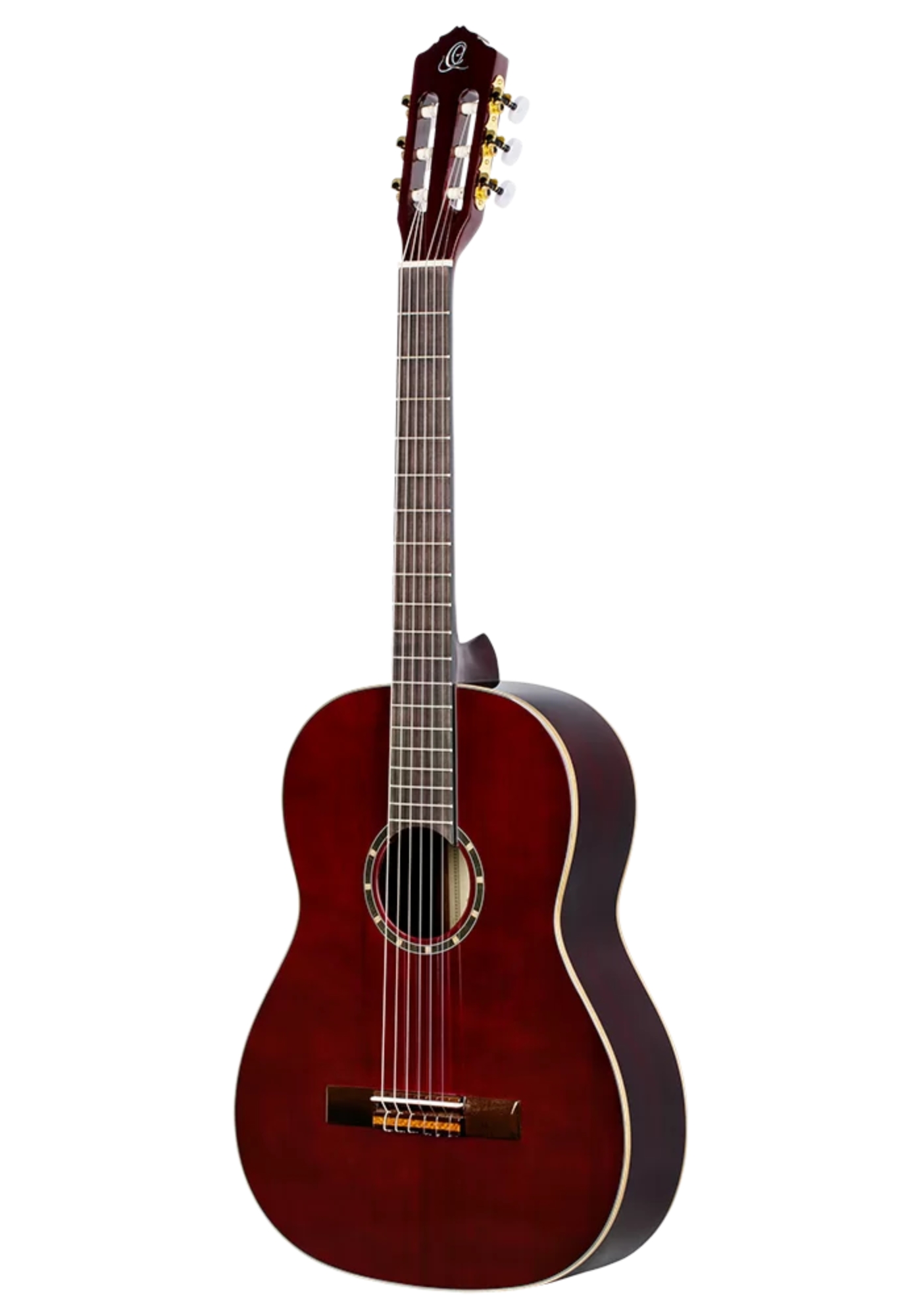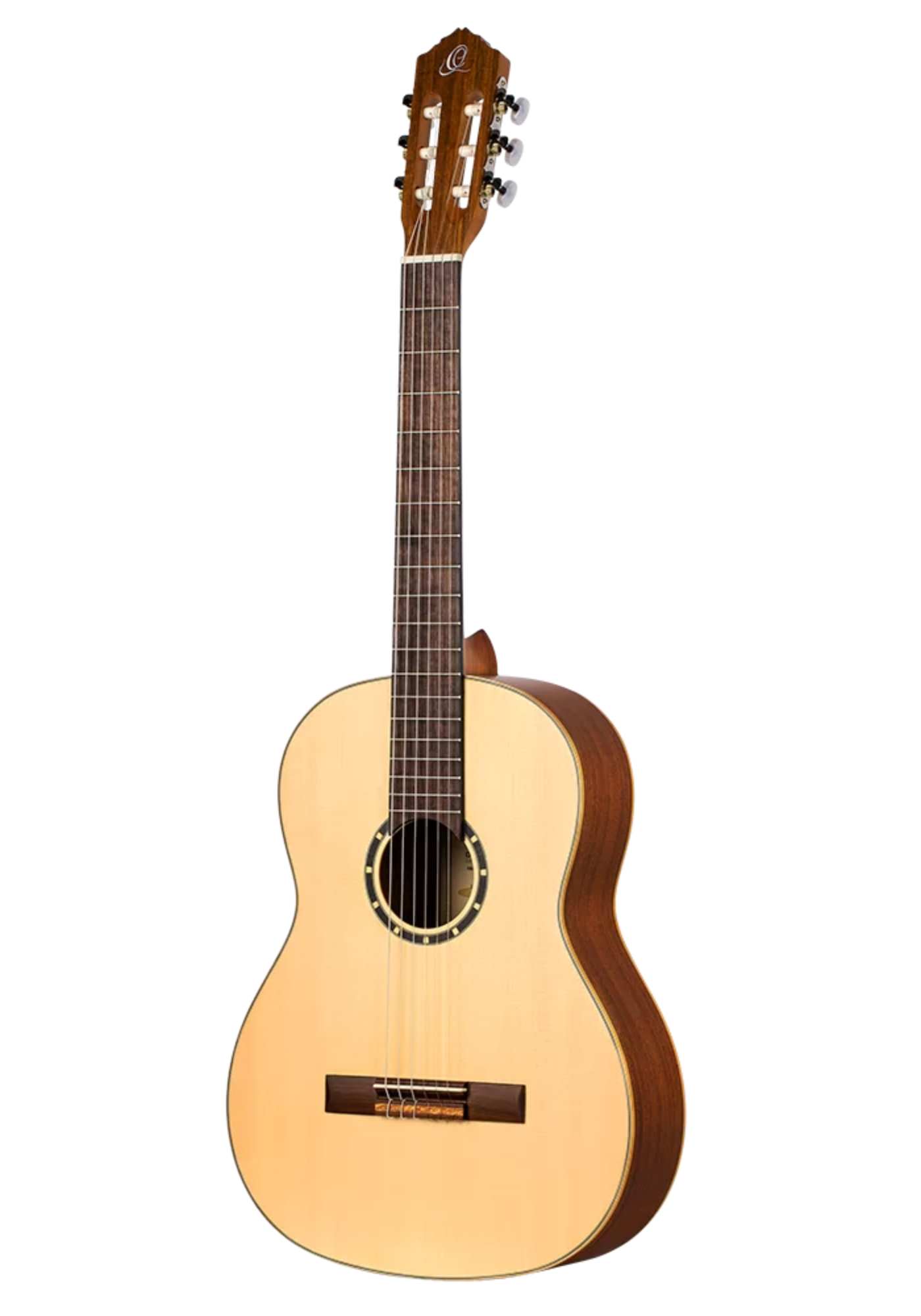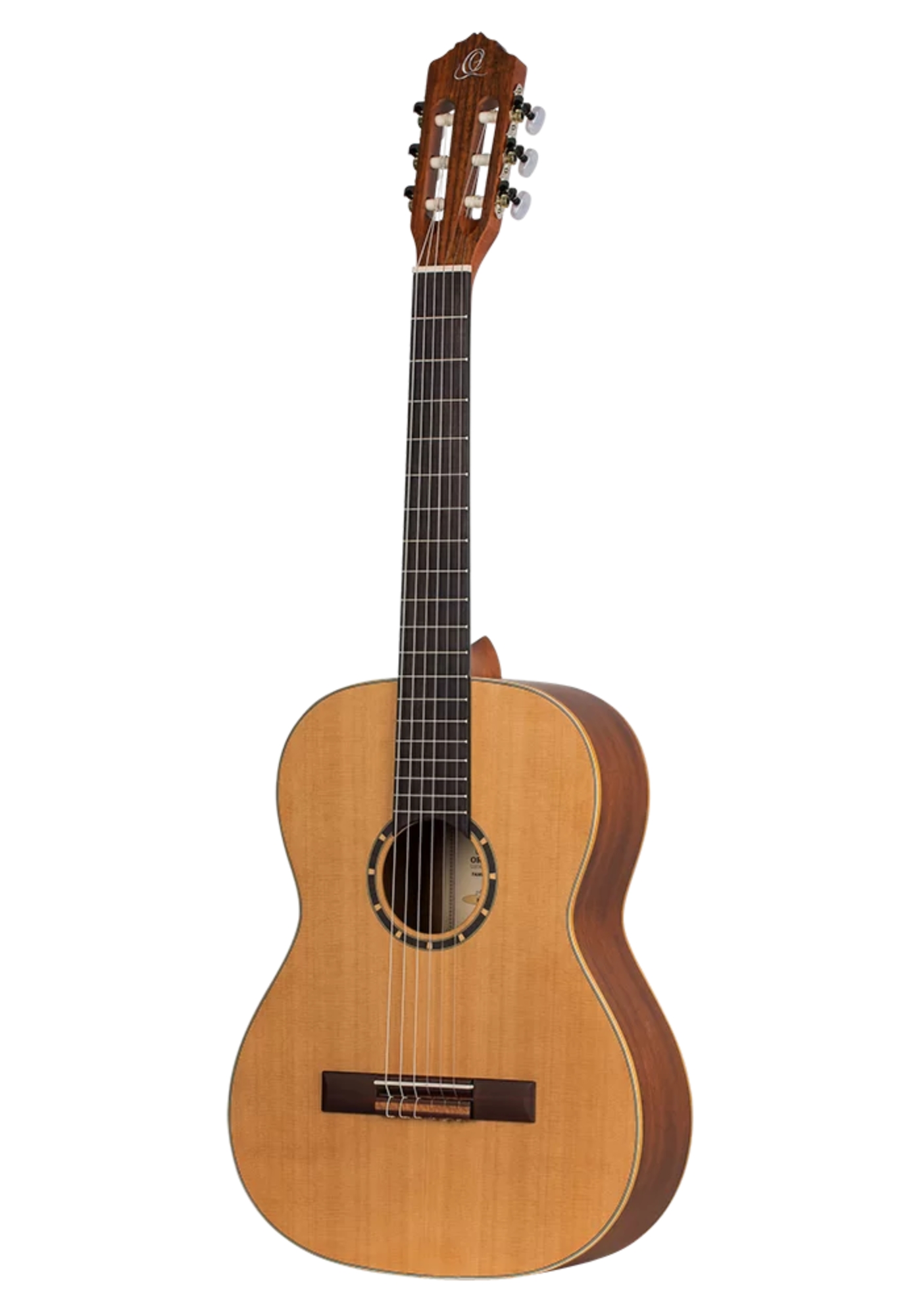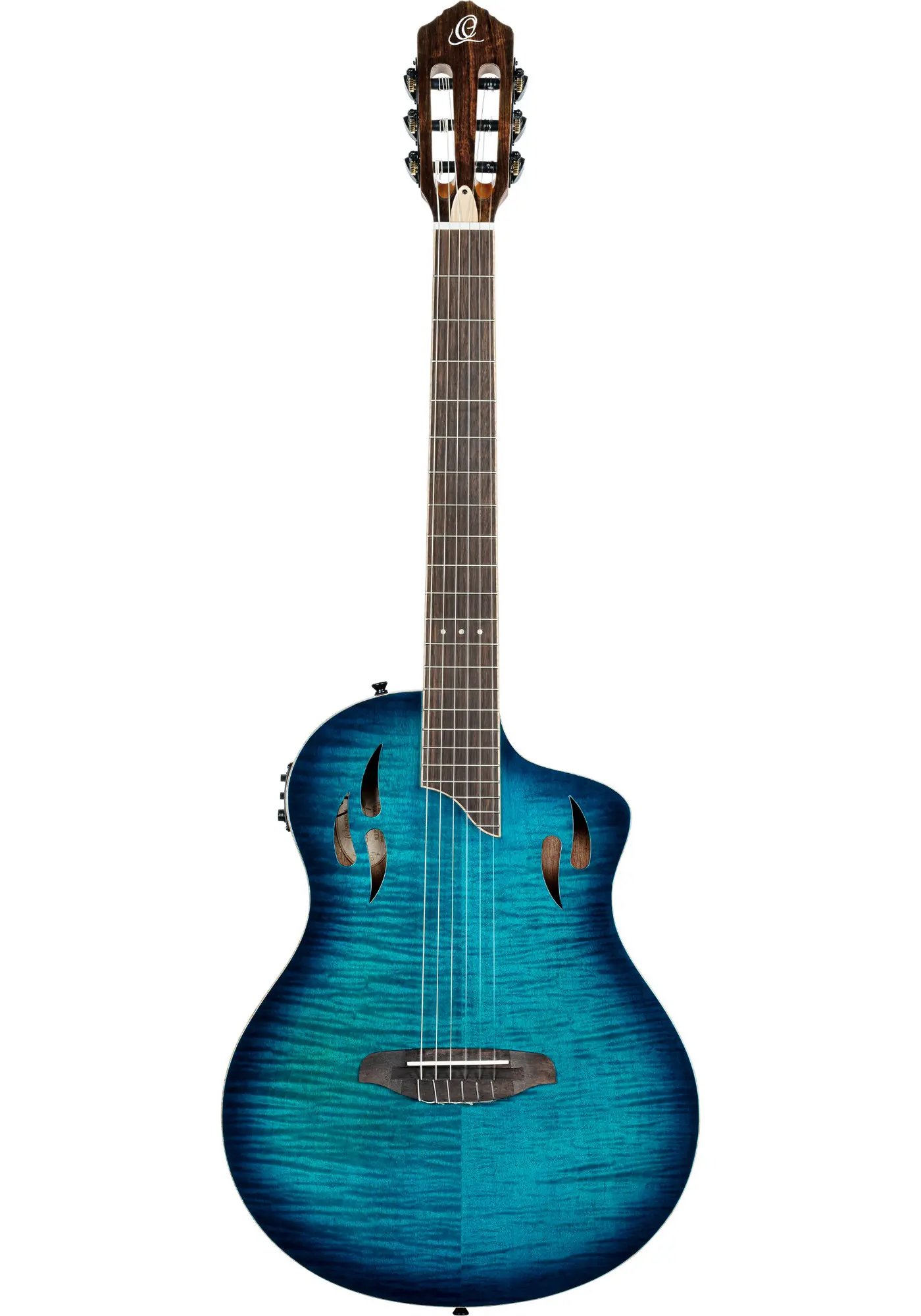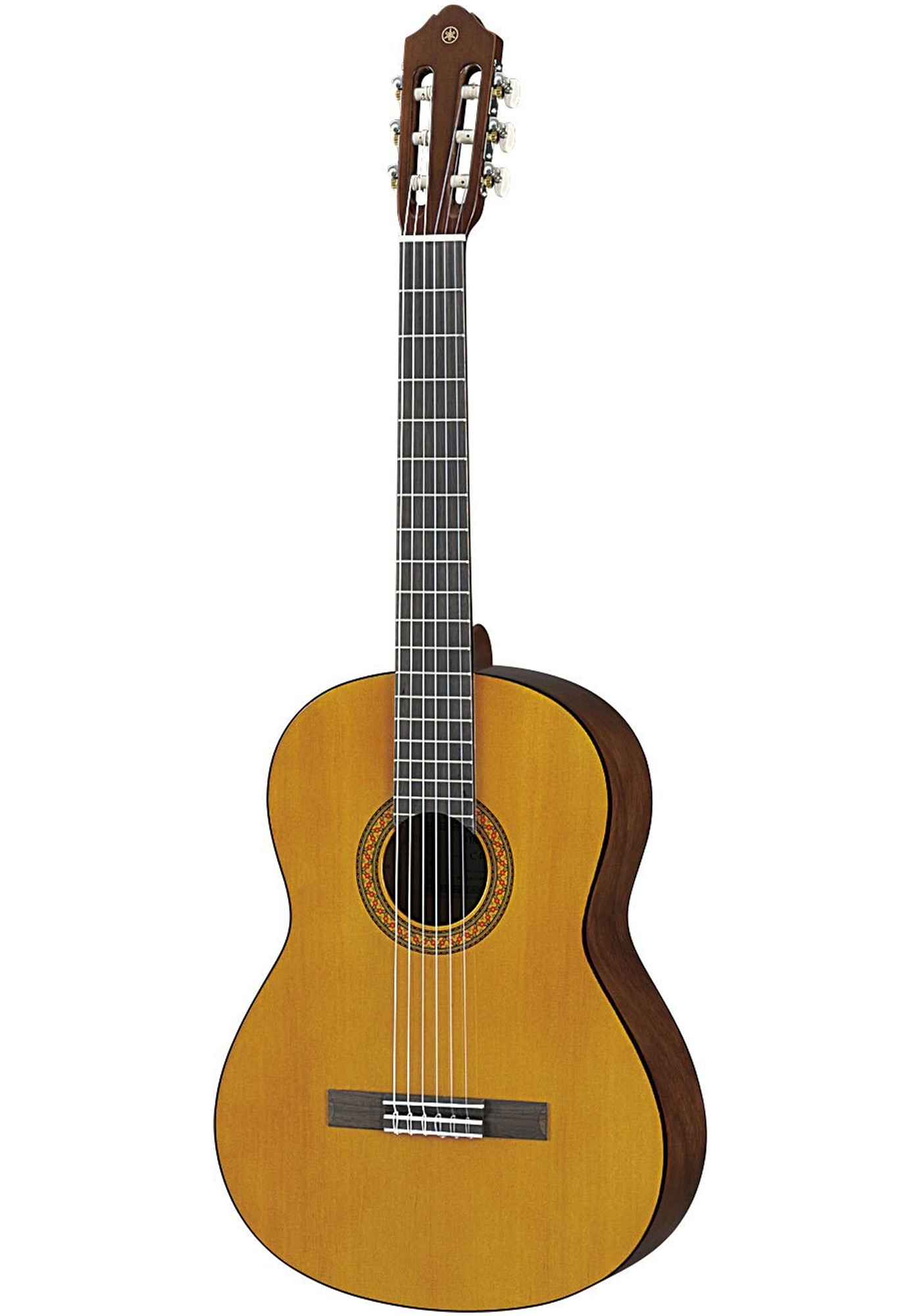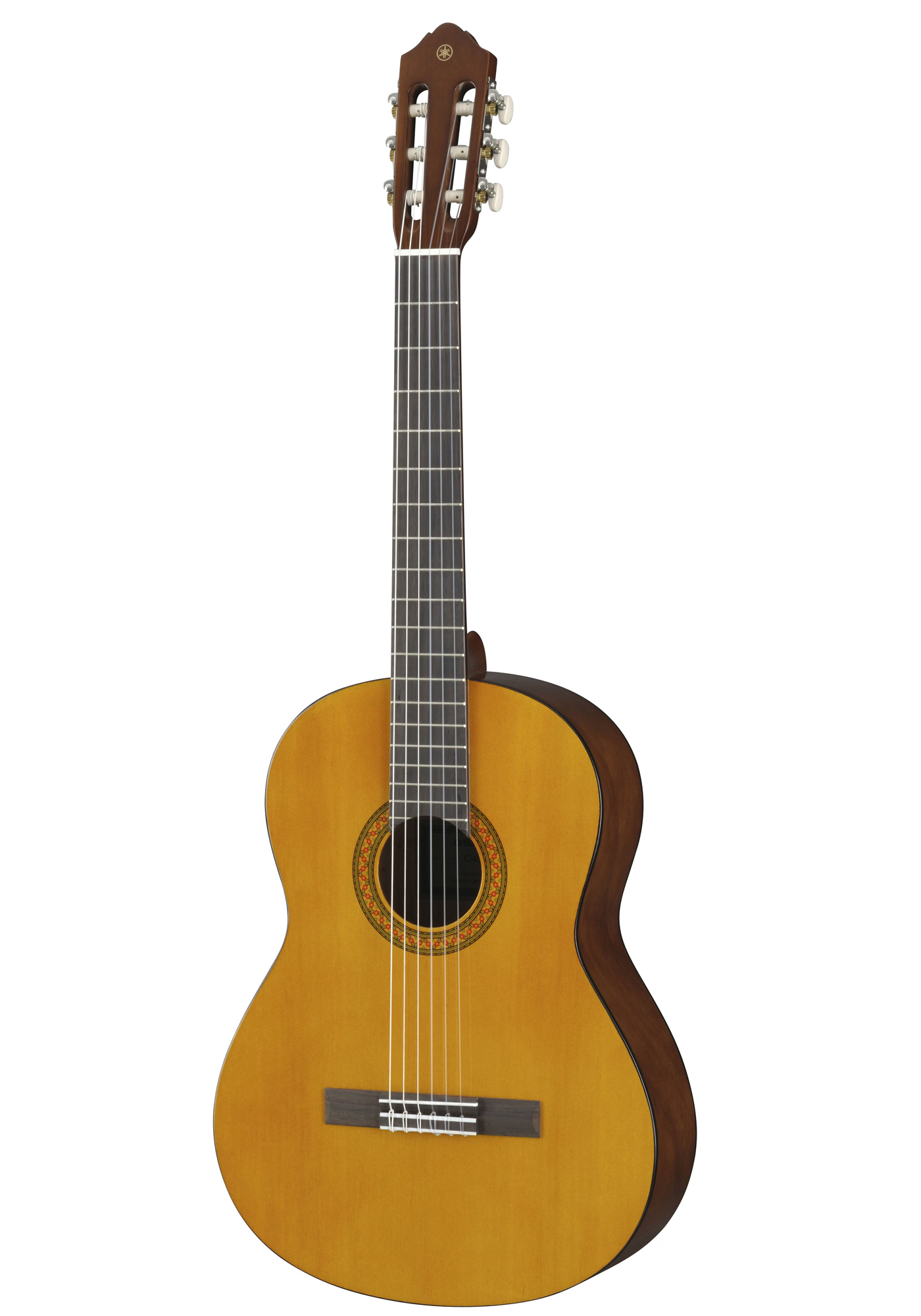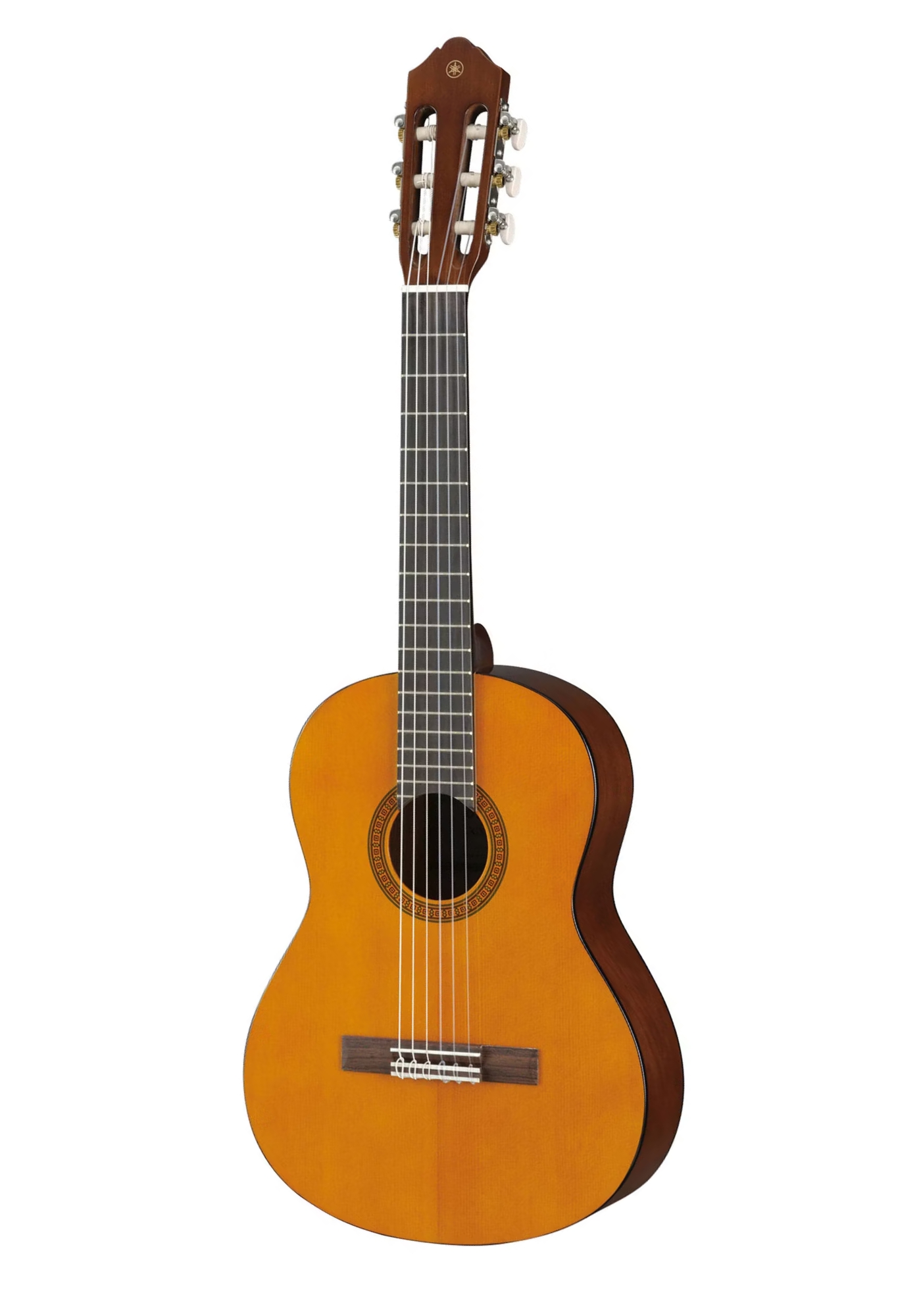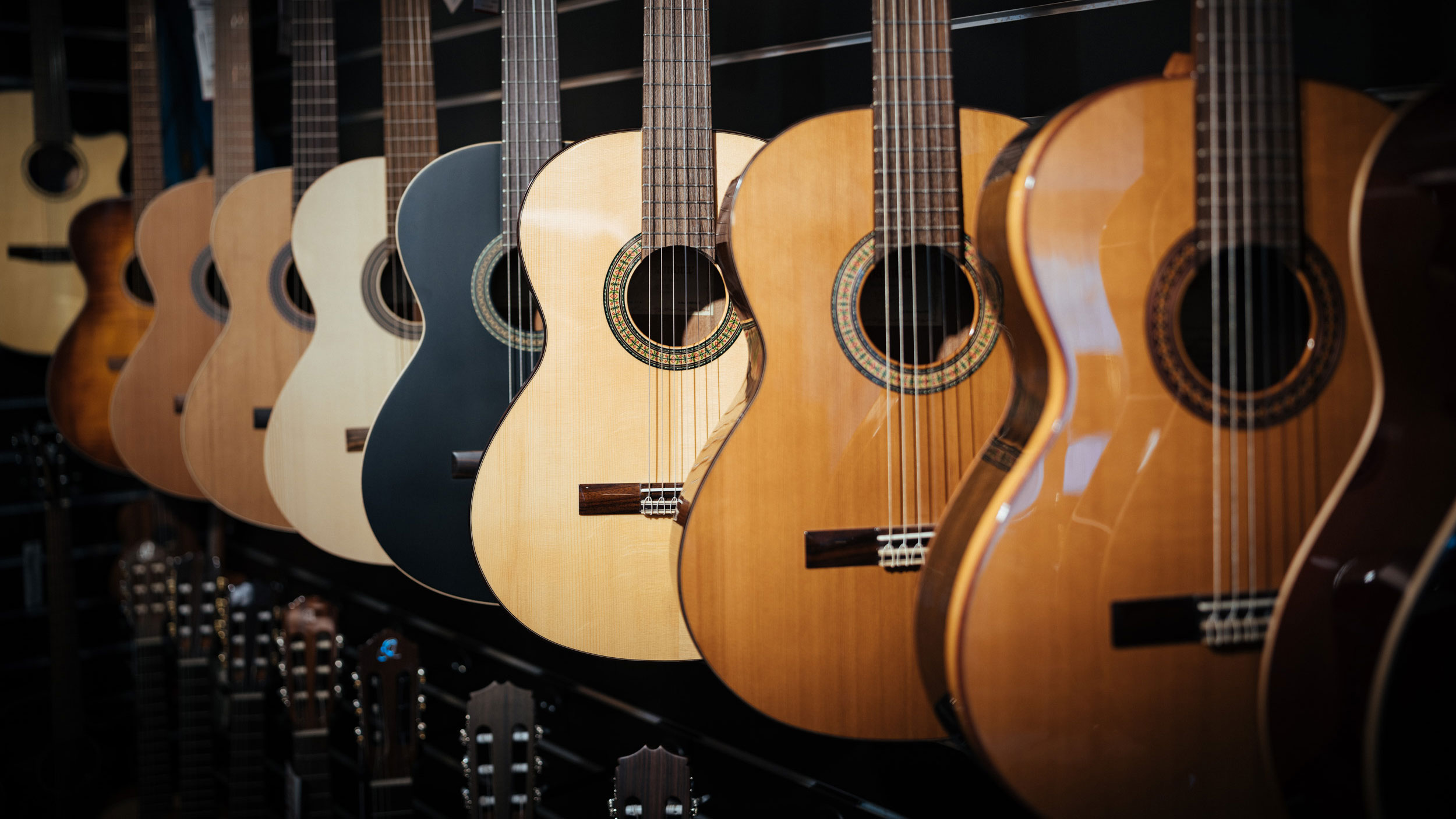
Guitar
in stock
in stock
in stock
in stock
in stock
in stock
in stock
in stock
in stock
in stock
in stock
in stock
in stock
in stock
in stock
Classical guitar: classic sound and versatile playing options
What makes classical guitars so special
The right size makes all the difference
Tips for care and maintenance
Our FAQ:
Which wood is best for classical guitars?
Spruce wood provides a clear and powerful sound, while cedar wood offers a warm, mellow tone. The choice of wood influences the sound character of the guitar.How do I look after my classical guitar properly?
A classical guitar should be stored in a guitar case and protected from extreme temperatures. Regular cleaning and string changes are also important, too.How does a classical guitar differ from an acoustic guitar?
Classical guitars have nylon strings and a smaller body, while acoustic guitars have steel strings and a larger body for a louder, more powerful sound.Which guitar is best for beginners?
Classical guitars with nylon strings are particularly suitable for beginners, as they are easier to grip and have a wider fingerboard. Alternatively, acoustic guitars or electric guitars are also suitable for beginners, depending on your musical interests.What is the best way to learn to play the guitar?
The best way to learn playing the guitar is a combination of regular practice, a structured course (online or offline) and possibly lessons with a teacher. Beginners should start with simple chords and songs to get a feel for the instrument.What size guitar is right for children?
Guitars in smaller sizes, such as 1/4, 1/2 or 3/4, are ideal for children. Which size fits best depends on the age and height of the child. A 3/4 guitar, for example, is suitable for children from around 8 to 12 years of age.Buy a classical guitar at Schagerl:
Expert advice: Schagerl employs experienced musicians and specially trained staff who offer professional and individual advice. Whether beginner or professional, every customer receives the support they need to find the perfect instrument.
Excellent customer service: Customer service at Schagerl stands for reliability and commitment. In addition to personal advice, customers also benefit from services such as repairs, maintenance and the purchase of accessories, which makes the entire purchasing process uncomplicated and pleasant.

